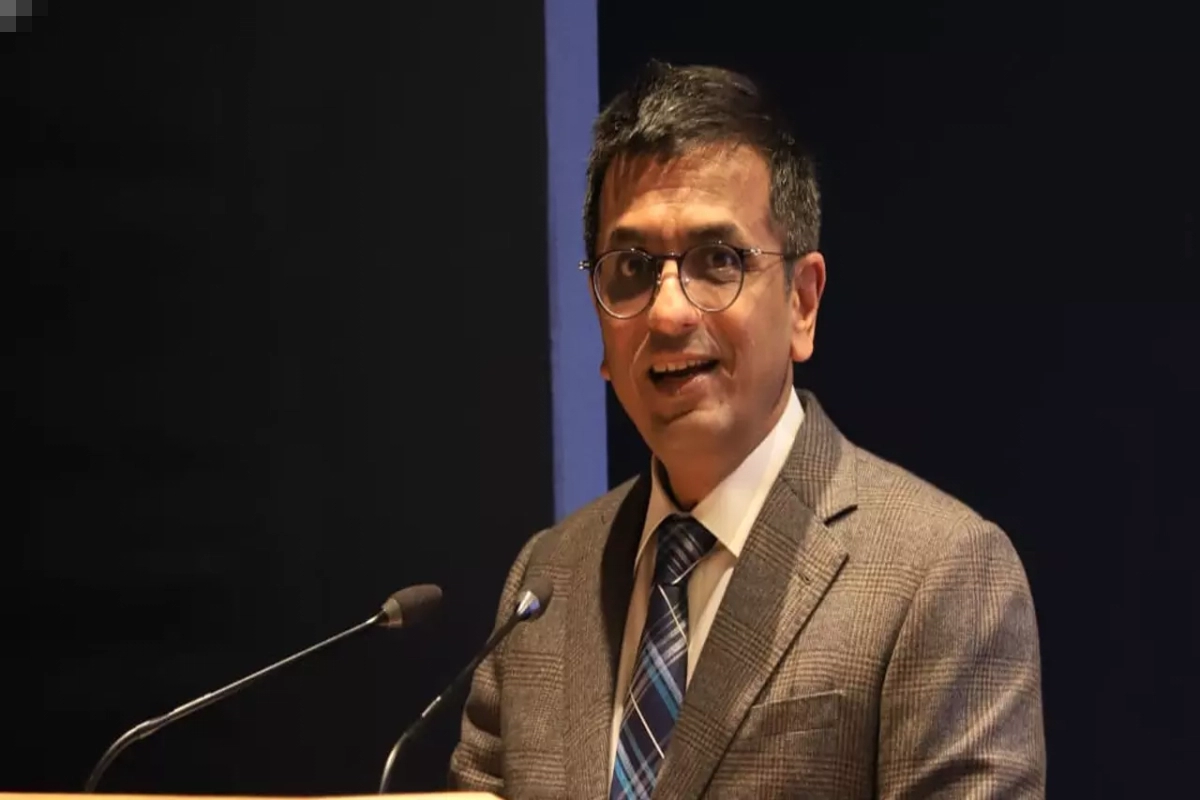CJI DY Chandrachud while delivering the 19th Sir Ganga Ram Oration on the topic “ A prescription for justice; Quest for fairness and equity in healthcare” stated that surge litigation cases surrounding National Eligibility cum Entrance Test (NEET) reveals that there is an urgent need for reforms in medical education in the country. Further CJI also stated that courts cannot enter public domain despite importance of intervention in cases of injustice.
Need for Medical Education in the country
“Often, courts cannot enter policy domain and it is the duty of the state to listen to the representations made by the students. However, whenever injustice is done, it becomes our bounden duty to intervene. The sheer volume of litigation of NEET cases is indicative of the hopes and aspirations of millions of students. It is proof that medicine is one of the most sought-after professions in India. Yet, the litigation is also symbolic of the need for reforms in medical education in India”,
While delivering his oration, CJI emphasized on the trust and importance people place on doctors, teachers and lawyers who often revered in rural areas of the country. Further he also highlighted the increasing intersection between law and medicine and also explained that how doctors are being used as expert witnesses , which can take away the time of specialists.
Increasing intersection between Law and Medicine
“Testifying in judicial proceedings often ends up being a time-consuming exercise, hampering a medical professional’s duty. As the Chairperson of the Supreme Court’s E-Committee, it is my endeavour to equip all courts in India with a video conferencing remote point to facilitate tele-evidence for doctors. This would result in saving time of doctors which could be utilized for patient care, medical education and research,”
The CJI also stressed about the fundamental principles which are responsible for making Legal and Medical professions among the most respected calling in the country. He opined that in law, people should be treated fairly and not arbitrarily , and in healthcare people should have equitable access to services,
“At a more fundamental level, principles of justice underlie the practice of both law and medicine. Both these fields are concerned with fairness, equality, and the well-being of individuals and communities. In the legal field, justice requires rule of law, where people are treated impartially and fairly, as opposed to arbitrariness or rule of any individual. In the field of health, justice requires that healthcare services and resources be distributed fairly and equitably.”
DON'T MISS
CJI Touches upon issues which have led to poor health outcomes
CJI also touched upon other issues which had symbiotic relationship between field of law and medicines and citied the struggles of LGBTQ community as an example, particularly the repeal of Section 377 of Indian Penal Code (IPC), which criminalized consensual sex between homosexual persons. He also took opportunity to touch upon topics such as air pollution, low quality housing and unplanned housing which can also lead to poor health outcomes,
“Within India, outbreaks of dengue, chikungunya, malaria are common place among the urban poor. Unplanned and uncontrolled urbanisation, which pays scant regard to water drainage and sanitation, has led to the growth of urban slums where infectious diseases outbreaks are quite common.”
CJI concluded his address by calling and appealing for innovation in private healthcare and structural changes in public health system. Further reiterated that Covid-19 pandemic had exposed the fragilities of the public health system in the country. Further stressed that there is a need for medical professionals to cultivate ‘rest ethic’ in the country.
“Just like every doctor present here must have prescribed “plenty of rest” to their patients, I hereby order everyone gathered here today to pause, take a break and cultivate a ‘rest ethic’ in your professional lives. Caring for ourselves and providing the space for our juniors to self-care is a sign of strength. It is my hope that we are able to make those much needed structural and institutional changes to implement this unenforceable order,”
Also Read: Manish Sisodia arrested: Delhi DY CM arrives for second round of questioning, AAP stages protests
Keep watching our YouTube Channel ‘DNP INDIA’. Also, please subscribe and follow us on FACEBOOK, INSTAGRAM, and TWITTER
